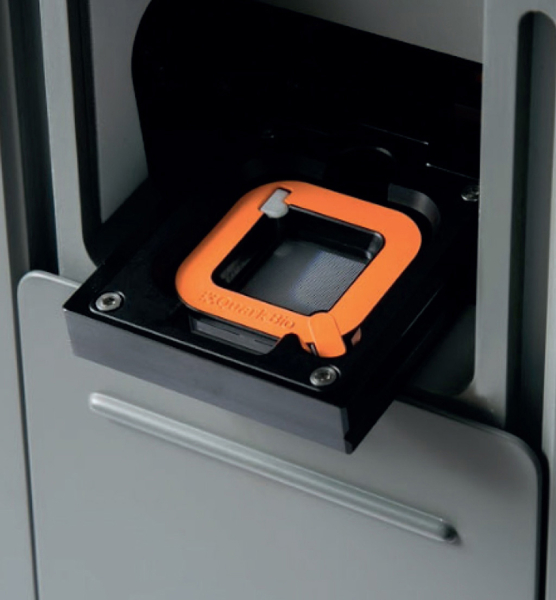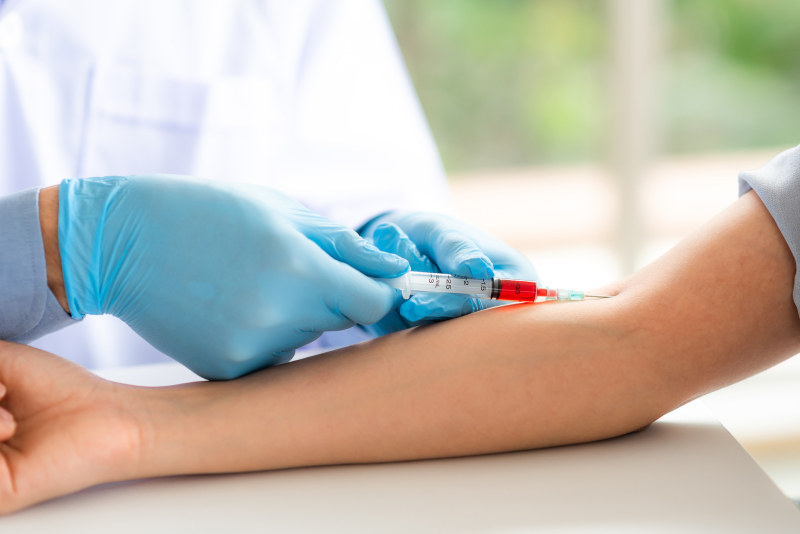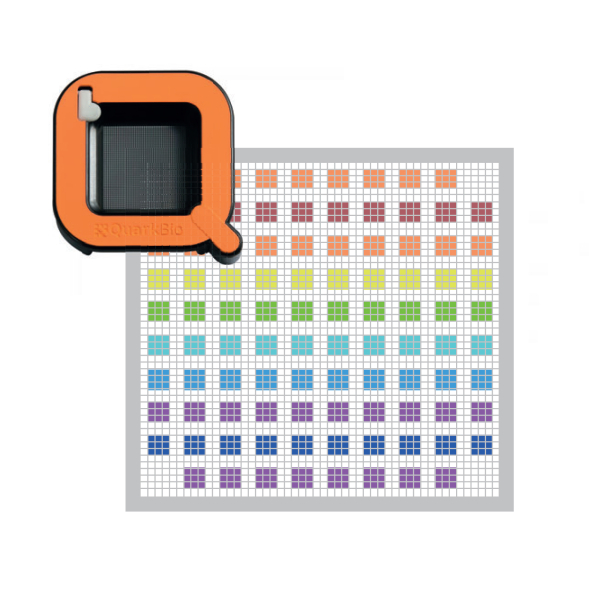A clean sweep at detecting cancer
Humanity has conquered disease after disease, dramatically extending our life spans. Nonetheless, there are still challenges to longevity. The most common is a broad category of distinct diseases known collectively as cancer. Detection has become one of the most important weapons in our arsenal to defeat cancer before it spreads and becomes problematic, or even fatal.
A new approach to detecting not one but many cancers is on the horizon. Pharus, Inc. (known as PharusDx), a biomedical research company focused on research, development and commercialisation of molecular diagnostics for the early detection of cancer, is pioneering the latest advances in technology that promise to revolutionise cancer detection.
Cheap and frequent beats seldom and expensive
Cancer-screening tests are currently recommended only for some types of cancers, such as breast cancer (with mammograms), cervical cancer (with Pap smears) and colorectal cancer (with stool tests and colonoscopies). For many other cancers, there are still no reliable or cost-effective screening tests. Often, cancer is detected only when tumours are already well established. But now there may be a better way to screen for cancer: liquid biopsy.
CK Life Sciences saw the potential and, along with CK Hutchison Holdings, invested in PharusDx to join liquid biopsy’s cutting edge. Melvin Toh, Vice President and Chief Scientific Officer of CK Life Sciences, says, “As a company committed to innovation and technology, we see this as a great opportunity. PharusDx’s technology can have a significant impact on healthcare, providing accurate, affordable tests for early cancer detection that can be widely deployed.”
But what is a liquid biopsy? Simply put, liquid biopsy is a test that allows scientists to search for a specific cancer or multiple cancers with a single sample of a bodily fluid, normally blood but also sometimes other bodily fluids. CK Life Sciences Vice President and Chief Executive Officer Alan Yu says, “We are very excited about our participation in a burgeoning and fast-growing area of medical diagnostics. Not only does the breakthrough approach of PharusDx’s technology present immense potential for the improvement of human health, but it also taps into a significant commercial opportunity.”

Get it early
Discovering cancers early before they grow and metastasise (spread to other parts of the body via the bloodstream or lymphatic system) has obvious benefits. Early detection of cancer can give doctors a wider range of treatment options to get ahead of the disease.
Some cancers resist early detection by afflicting organs deep inside the body. Skin cancer may get noticed right away; liver or pancreatic cancer can quietly grow unnoticed until it starts causing symptoms and becomes a serious problem. The intrusive nature of screening tests and traditional tissue biopsy (taking a piece of suspected tumour tissue) puts people off getting tested, further delaying detection and treatment. A less intrusive procedure can result in people getting treatment
Doctors can take a simple blood (or other bodily fluid) sample. Cancer can be detected by finding microRNA whose presence, absence or change in amount is correlated with the presence of cancerous cells. MicroRNA, abbreviated as miRNA, is not the same as messenger RNA, or mRNA, that many people have heard about recently in connection with COVID-19 vaccines.
The intrusive nature of screening tests and traditional tissue biopsy ... puts people off getting tested, further delaying detection and treatment.

AI in the well
PharusDx’s new platform, called OncoSweep, allows for the detection of many cancers. The system consists of the patented laboratory test chips, the analyser device, and the continuously evolving Artificial Intelligence (AI) that reads and interprets the data. The laboratory test chips feature tiny wells that the blood sample flows into. Each well is pre-loaded with reagents to detect the miRNA markers associated with different cancers. Each laboratory test chip contains 2,500 wells, detecting up to 100 types of cancer markers. The analyser device and AI software then quickly returns the results.
The AI is key to the analysis of the data produced

The OncoSweep platform can also be used for looking for single cancers that may already be present in a patient. PharusDx is developing targeted chips that detect a particular cancer. These single-cancer tests can have higher accuracy for that particular cancer than a multi-cancer detection test. Achieving a high accuracy rate (minimising false positives and false negatives) is a principal aim of researchers. Scientists at PharusDx hope to develop liquid biopsy tests that are comparable or better than current “gold standard” cancer-screening tests; for example, mammograms for detecting breast cancer and colonoscopies for detecting colon cancer.
When available,
Cancer can be detected by finding microRNA whose presence, absence or change in amount is correlated with the presence of cancerous cells.
Your annual sweep
This test could become a painless part of an annual check-up, by giving people an option to have a simple blood sample taken that could be screened for many cancers. The market for such tests could be huge as insurance companies and government healthcare providers decide that an ounce of OncoSweep detection is more valuable than millions of dollars of
Future annual check-ups could very well include the sampling of a tiny bit of blood for the OncoSweep test to check and make sure everything is A-OK – or to provide a head start to get ahead of a situation before it becomes a bigger problem. That’s a tiny bit of blood everyone can spare for peace of mind – or to save